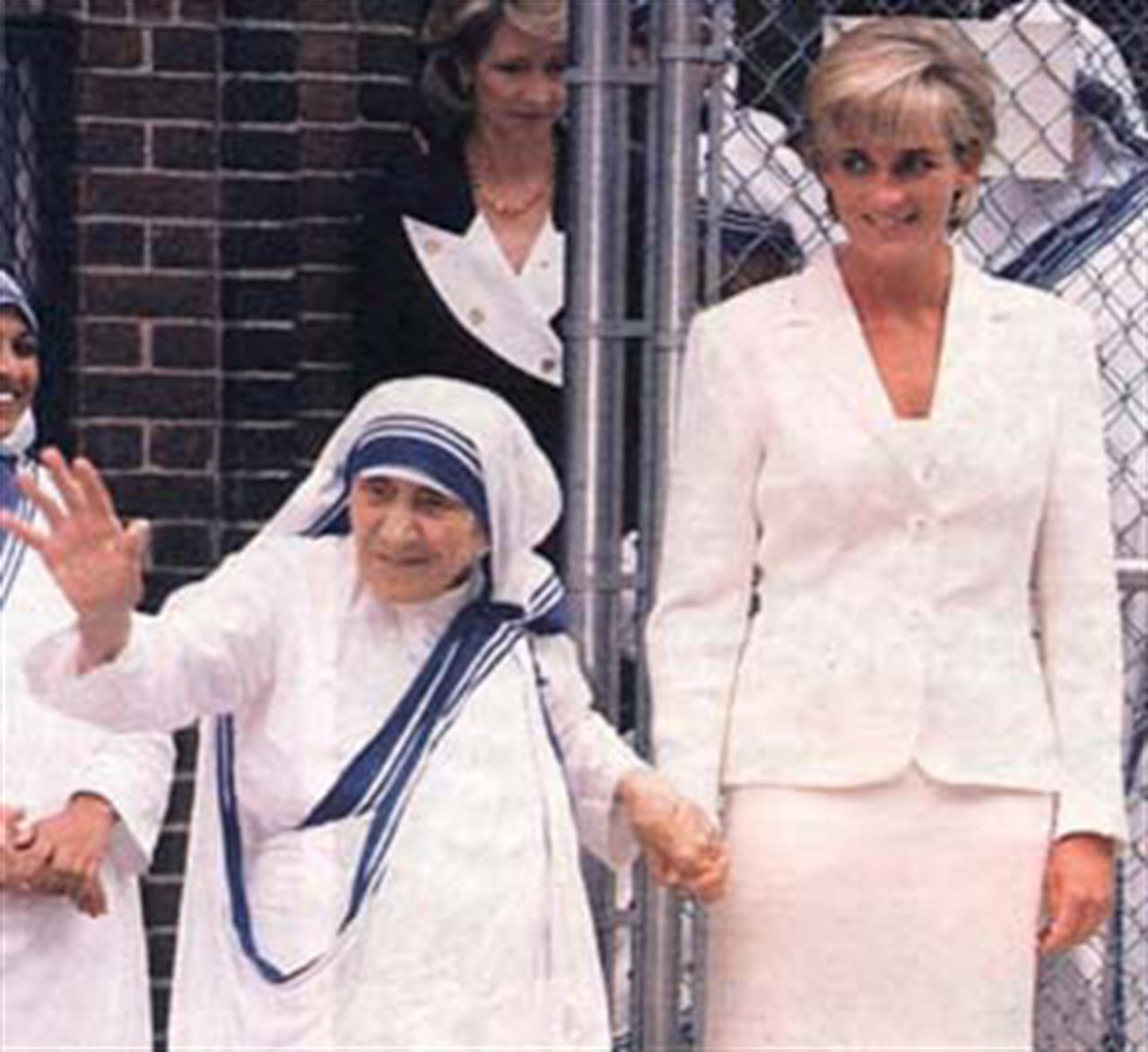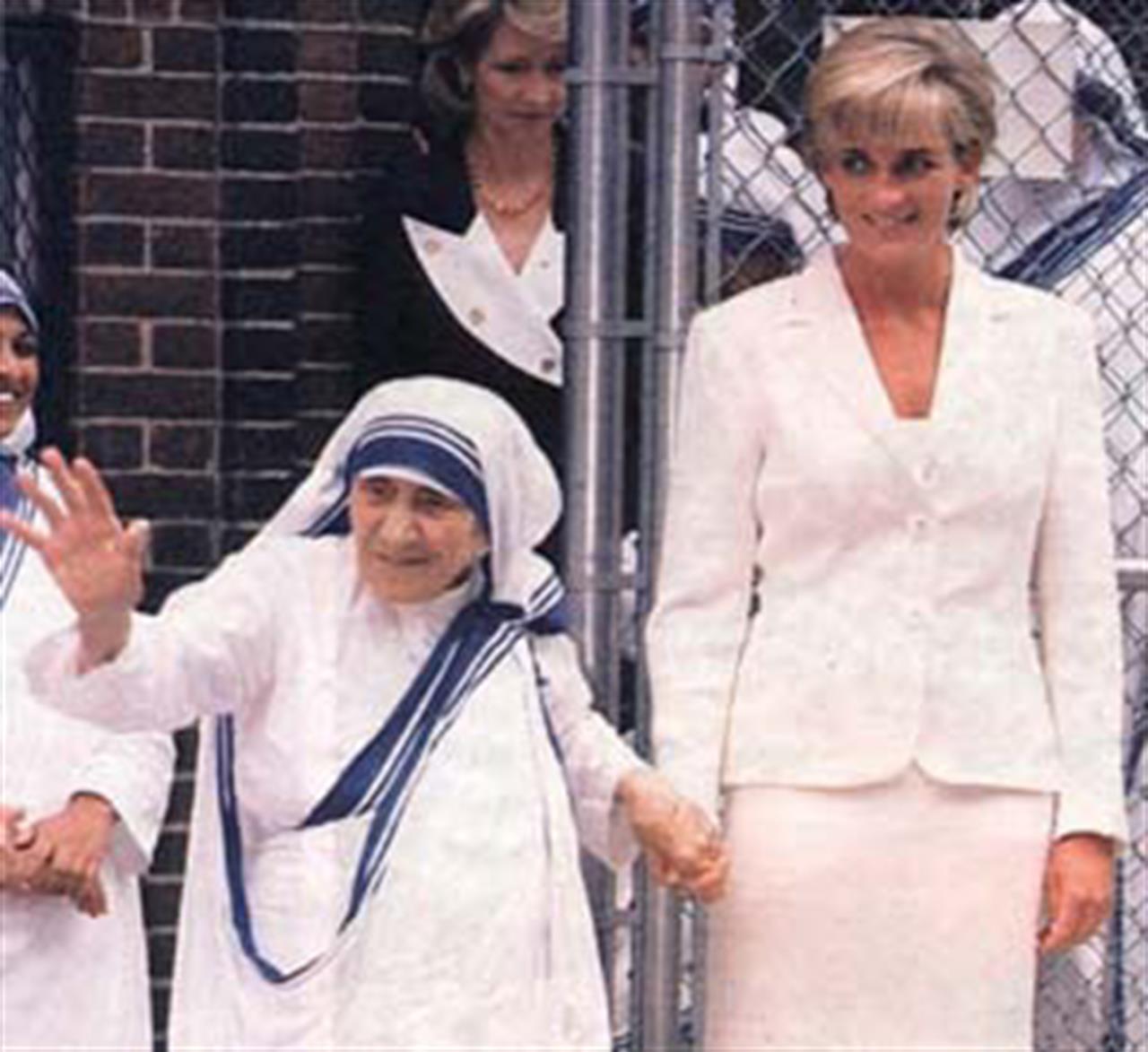
As Princess Diana looked perplexed hand-in-hand with Mother Teresam I’ve shared the same feeling in the next stage of my trip across the Balkans: bewildered by the region and people in Mother Teresa’s land.
Born in Skopje from an Albanian family, she is the local hero – together with Kosovan Liberation Army (KLA) and Alexander the Great – and the final route of my second week in the Balkans: Pristina and Skopje, respectively the capitals of Kosovo and Macedonia. Both cities celebrate Mother Teresa with a statue in the centre – that kind of horrific contemporary realistic religious caricatures – but also that they are both capitals of fantasy countries.
Kosovo is a fascinating place. Recognised by just 50 countries, and crucially, only 22 EU member states, it is a country in waiting.
It’s run by a complex web of overlapping interests. The UN, EU, Kosovan Government and various international donors (both governmental and independent) each have significant control. Oops, I forgot the consultants. As someone told us, Kosovo suffers from ‘too many cooks in the kitchen’.
Despite showing outward signs of development – the last decade has seen shopping centres and petrol stations springing up everywhere – the country boasts Europe’s worst economic stats. Remittances from abroad contribute around half of GDP, and much of the rest is either the informal or illegal economy.
There are huge challenges in the Serb-controlled north, where everything is massively more complicated than everywhere else in this baffingly complex place.
Kosovo is not the easiest place to work in then, I hear you say. However we had a warm reception. As well as meeting the British Embassy, we met with most of the big fish for Kosovan third sector. Though they painted a bleak picture for the country, their charisma, insight and generosity in explaining the local context was truly impressive. They especially like our approach of working with them as Europeans within a European network, rather than as helpless victims of a failed state in the making, and were all very keen to work with us on concrete initiatives.
Another person remarks, if the government is run by former KLA fighters with doubtful results – never leave politics to militaries! – the rest of the country is run by kids. This is the youngest country in Europe with half of the population under 25. And the third sector? It’s a baby third sector full of passion and hope, but also vulnerable as any sprout. Even the government welcomed us, asking to us to write a plan for their Prime Minister. We might turn Euclid Network in Balakunsult. The country is heaven for international consultants ready to help spending €1.2million the EU allocated to government every year to build the country from scratch.
Just one piece of advice: don’t call it Republic if you want stay out of trouble. Nobody confirms this but everybody recommends it. Except for the Americans who are roud of ‘their new little Republic’.
We clearly have a lot of work to do here.
In a region of uncertain identities, Macedonia – the fourth leg of mine and Ben’s roadshow – trumps them all with numerous overlapping identity crises: its borders are not agreed with Kosovo, its church is not recognised by the orthodox hierarchy in Serbia, its language is not recognised by Bulgaria and its name is not recognised by Greece. The name issue may sound trivial but remains one of the biggest obstacles to membership of the EU and NATO. UN membership was only possible using Greece’s preferred name for the country – the Former Yugolav Republic of Macedonia, or FYROM (needless to say, the Greeks are not popular here).
Upon arriving in Skopje, Macedonia’s capital, we were struck by the comparatively high standards of the infrastrucuture. But the third sector here is the most divided and undermined we’ve seen yet, for one reason: politics.
Macedonia’s populist centre-right government, when not erecting enormous flags (which are everywhere) and multi-million euro statues (one of which will be 12 storeys high), creates NGOs (government NGOs – GoNGOs). They accept absolutely no dissent, and any NGO which dares to crticise immediately looses any funding they may have had from government, and often has its leader branded a Greek spy.
Furthermore, there are three distinct camps within the non-GoNGOs: the European-funded, the American-funded and the Soros-funded. Rivalries hee are intense, and there is virtually no cooperation among the major players. Every leader we met claimed to run the only independent NGO, and accused every other organisation of being politicised.
As in Podgorica and Pristina, we held a presentation of Euclid Network to leaders in Skopje thanks to the help of our local member Zoki, leader of CIRa. We have already developed an extenisve network of agents! Here the discussions were much more lively than in the previous presentations. It seems that leraders here are tired of the divisions within the sector and hope that Euclid Network can bring people together. A good sign for the sector in the economy.
We couldn’t miss a meeting with the EU Ambassador. He is one of the most powerful men in the country. When we met in his enormous, immaculate office, he couldn’t stop agreeing with our assessment of the situation, and the way forward. Despite me telling the Ambassador that one of our members runs the association of drug dealers (I meant drug addicts), we are confident in his support.
A final remark, the trip is undermining the health of both Ben and I. I drink at least four coffees for breakfast, smoke a packet of Red Marlboro a day, and drink another coffee and go to the toilet at every meeting – sometimes before the meeting starts so Ben has to entertain our host for 20minutes before I re-emerge. No time for sport or sex. On the other hand Ben is becoming progressively more obsessive with vegetarianism and pre-matrimonial virginity. He drinks no alcohol but just fruit tea. I look like a chubby married man to whom women wink maliciously while he’s turning into an ephebic new-age singer looking for a sugar daddy.
Be careful. If you come to the Balkans ask for the assistance of Mother Teresa. You will need it if you don’t want to mess up your sexual orientation!
Si può usare la Carta docente per abbonarsi a VITA?
Certo che sì! Basta emettere un buono sulla piattaforma del ministero del valore dell’abbonamento che si intende acquistare (1 anno carta + digital a 80€ o 1 anno digital a 60€) e inviarci il codice del buono a abbonamenti@vita.it

